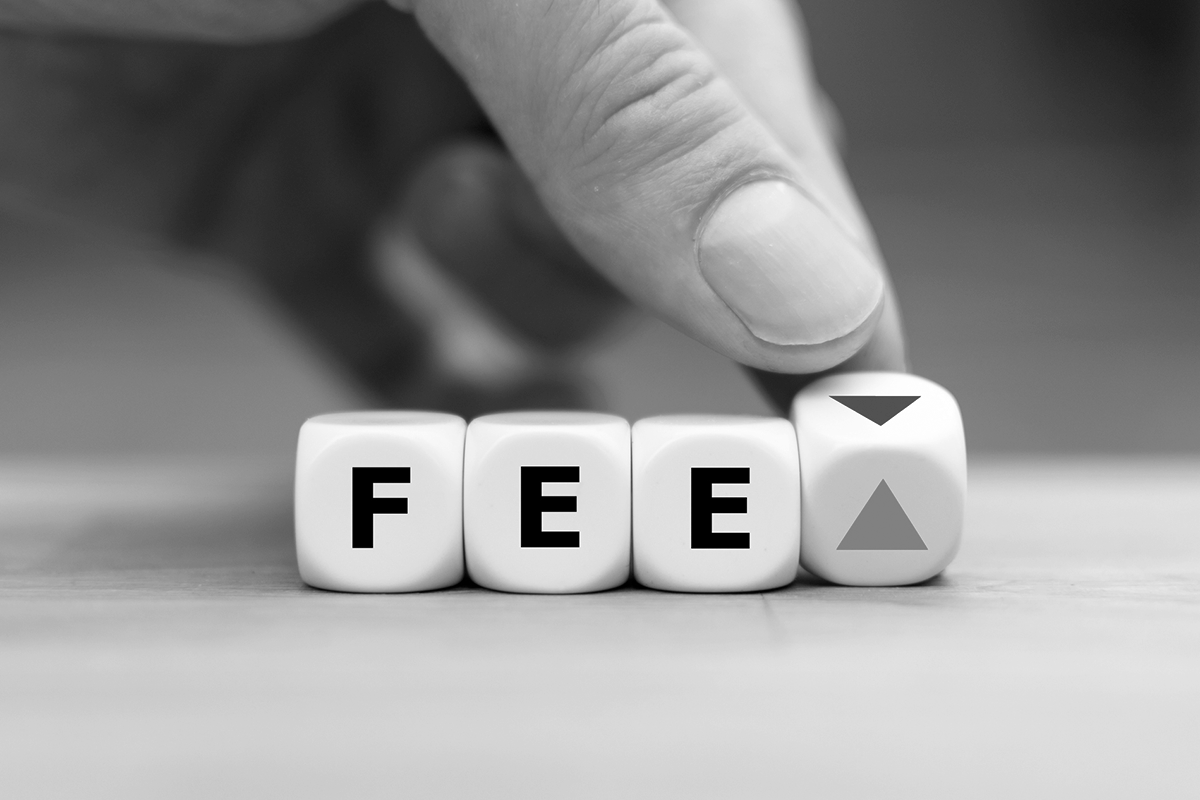What Drives Audit Fees Higher?
By DirectorCorps

January 21, 2020 All Industries
If history is any guide, new audit and accounting requirements such as critical audit matters (CAMs), which went into effect last year, could translate into an increase in fees.
In the last few years, the cost of getting a financial audit increased slightly. In 2013,
audits and audit-related fees cost companies on average $521 per $1 million in revenue; by 2018, that had increased to $575, according to public filings analyzed by Audit Analytics.
New rules may have driven some of that change. Nearly half of 250 financial executives at public and private companies that were surveyed in 2018 by the Financial Education and Research Foundation thought that new rules related to lease accounting and revenue recognition were primary factors in fee increases. One-third thought acquisitions led to increasing audit fees.
Companies that don’t have to comply with new rules still have to show regulators that they understand the new rules and explain why they don’t apply, Christopher Westfall, vice president of content strategy at the professional organization Financial Executives International, told The Wall Street Journal. FERF is an affiliate of FEI. “It’s not just a ‘Yes or no.’ It is getting together with the auditor and documenting that, so there’s a reasonable amount of work involved,” Westfall said.
To get a better idea of what drives fee increases and other audit issues, FERF recently interviewed W. Robert Knechel, an accounting professor at the University of Florida in Gainesville.
Fees nearly doubled following new internal control and reporting requirements under Sarbanes-Oxley Act Section 404 more than a decade ago, he said. They started to fall again after the financial crisis, when auditors had gained a greater understanding of the new rules. Also, companies facing revenue pressure may have sought fee reduction from their auditing firms.
“If everyone else was taking a cut, auditors were asked to take one as well,” Knechel said.
Of course, regional variations and competitive pressures have an impact. But in the last few years, fees mostly have stabilized, Knechel said. “The things that cause audit fee volatility are shocks to the system,” he told FERF. “If there is another downturn on the horizon, you’ll see fees adjust.”
But another wrinkle could increase fees, even if there’s not a downturn. Increasing automation and artificial intelligence can increase efficiencies in many aspects of a business. But that technology must be tested and verified by outside auditors to ensure oversight is functioning correctly, FERF’s survey found.
New systems and new rules tend to drive audit fees higher — and there’s never an end to those.
